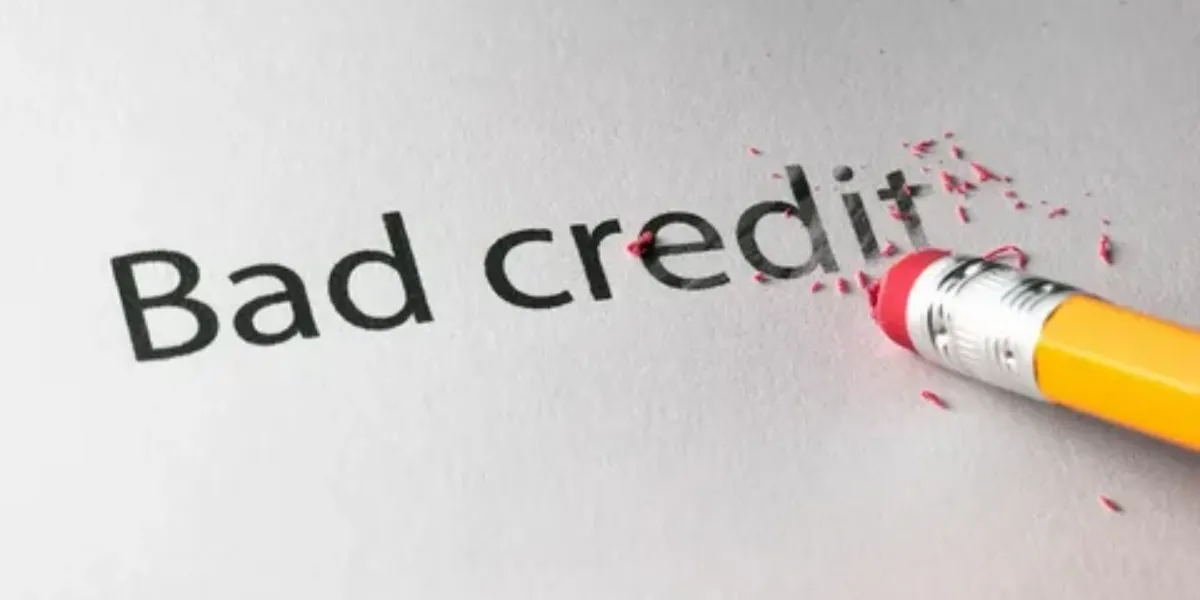Credit Report Errors

Credit report errors are more common than you might think, and they can have serious consequences for consumers. These mistakes can lead to higher interest rates on loans, difficulty obtaining credit, and even identity theft. Understanding credit report errors and how to address them is essential for protecting your financial well-being.
Understanding the Impact on Consumers
Credit report errors can negatively impact consumers in several ways. They can lower credit scores, making it harder to qualify for loans and credit cards. Additionally, they can result in higher interest rates, costing consumers thousands of dollars over time. In extreme cases, credit report errors can even lead to identity theft, causing significant financial and emotional distress.
How Credit Reports Work

Credit reports contain information about an individual’s credit history, including their payment history, outstanding debts, and credit inquiries. This information is used by lenders, landlords, and employers to assess an individual’s creditworthiness. Credit reporting agencies collect this information from creditors and public records and compile it into a report.
Common Types of Credit Report Errors
Some common types of credit report errors include inaccurate personal information, such as incorrect names or addresses, as well as accounts that don’t belong to the consumer. Other errors may include outdated account information, duplicate accounts, or incorrect payment statuses.
Consequences of Credit Report Errors

The consequences of credit report errors can be significant. Lower credit scores can result in higher interest rates on loans and credit cards, costing consumers hundreds or even thousands of dollars in extra interest payments. Additionally, errors can make it difficult to qualify for credit or obtain favorable terms on loans, impacting consumers’ ability to buy a home, car, or other necessities.
Identifying Credit Report Errors
Identifying credit report errors is the first step in addressing them. Consumers should regularly review their credit reports from all three major credit bureaus—Equifax, Experian, and TransUnion—for inaccuracies or discrepancies. Federal law entitles consumers to one free credit report from each bureau every year, which can be obtained through AnnualCreditReport.com.
Steps to Correct Credit Report Errors

If consumers identify errors on their credit reports, they should take steps to correct them as soon as possible. This typically involves contacting the credit reporting agency in writing and providing evidence to support the correction. Consumers should also contact the creditor responsible for the error and request that they update their records accordingly.
Importance of Regular Credit Monitoring
Regular credit monitoring is essential for detecting and addressing credit report errors promptly. By monitoring their credit reports regularly, consumers can identify errors early and take steps to correct them before they cause significant damage to their credit scores or financial health.
Seeking Legal Assistance for Credit Report Disputes

In some cases, consumers may encounter difficulty correcting credit report errors on their own. In such instances, it may be necessary to seek legal assistance from a consumer protection attorney who specializes in credit reporting issues. An attorney can help consumers navigate the dispute process and advocate on their behalf to ensure that errors are corrected promptly and effectively.
Preventing Credit Report Errors in the Future
While correcting credit report errors is important, preventing them in the first place is even better. Consumers can take several steps to minimize the risk of errors, such as regularly reviewing their credit reports, monitoring their accounts for suspicious activity, and promptly reporting any discrepancies to creditors and credit reporting agencies.
The Role of Credit Reporting Agencies

Credit reporting agencies play a crucial role in the credit reporting process. They collect and maintain information about consumers’ credit histories and provide this information to lenders, landlords, and employers upon request. It is essential for credit reporting agencies to ensure the accuracy of the information they report and promptly investigate any disputes raised by consumers.
Consumer Rights Regarding Credit Reports
Consumers have certain rights under federal law regarding their credit reports. For example, the Fair Credit Reporting Act (FCRA) gives consumers the right to dispute inaccurate information on their credit reports and requires credit reporting agencies to investigate and correct errors promptly. Additionally, consumers have the right to obtain a free copy of their credit report from each bureau once a year.
Protecting Your Financial Health

In credit report errors can have serious consequences for consumers, including lower credit scores, higher interest rates, and difficulty obtaining credit. By understanding how credit reports work, regularly monitoring their credit, and taking prompt action to correct errors, consumers can protect their financial health and minimize the impact of credit report errors on their lives. It’s essential to be proactive in monitoring and managing your credit to ensure a healthy financial future.
Click here for more visited Posts!




